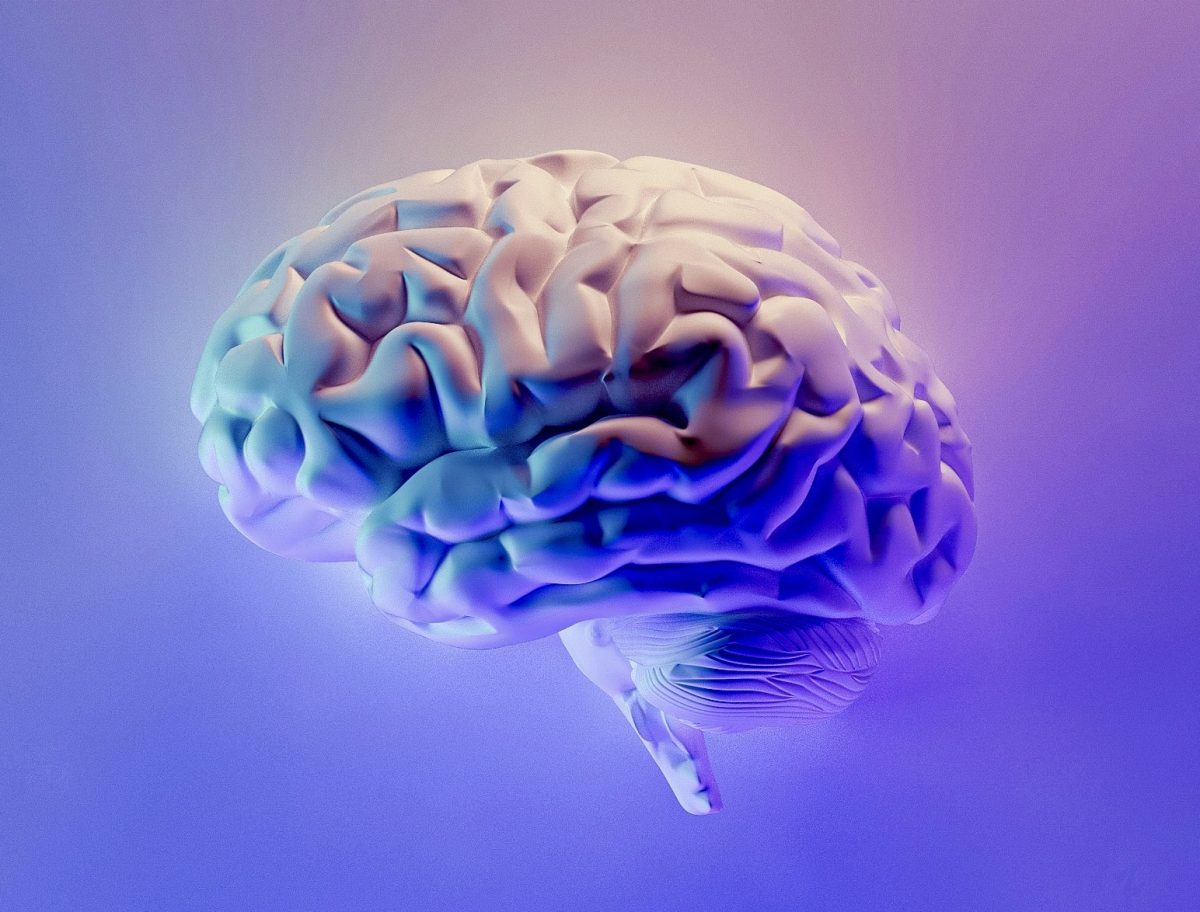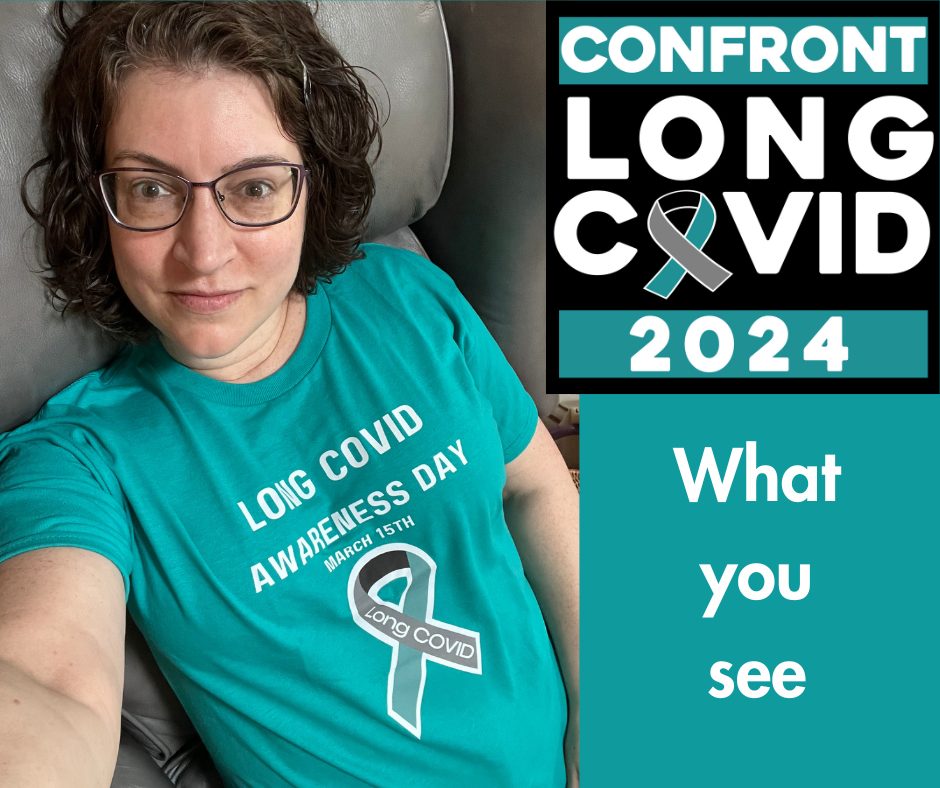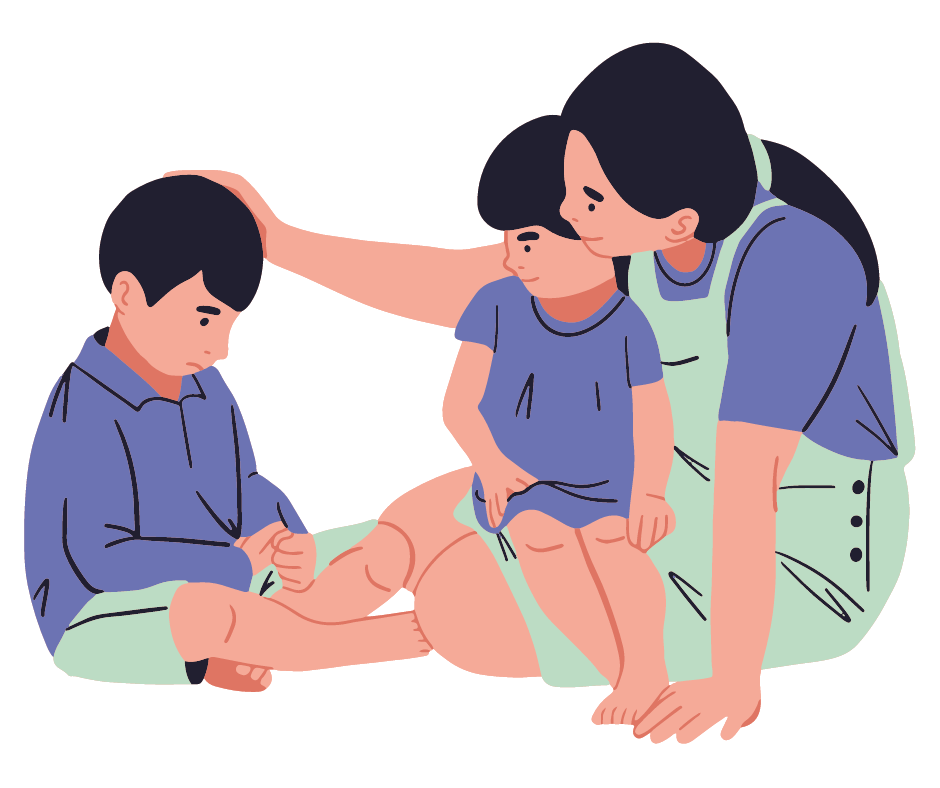Last week I wrote an article for Forbes explaining some of the most important things to understand about stimulant medications for ADHD. You can read the article in full where there is a lot more information, or read the summary I’ve posted here.

Stimulant medications are the first line treatment for ADHD.
Stimulant medications are neuroprotective in ADHD
Emerging research evidence suggests that stimulant medications are neuroprotective in the developing brains of kids and teens with ADHD. That means that taking the medications when needed in childhood actually leads to better brain growth and development.
Stimulant medications work like coffee, but better
Just like caffeine, stimulant medications work on the prefrontal cortex and can help brains with ADHD regulate themselves. This allows people with ADHD to do what can be almost impossible without medication: pay attention to and perform tasks that they find boring.
Stimulants are the first-line treatment for ADHD
When prescribed with skill, individuals with ADHD find stimulants reduce their struggles with impulsivity and attention reduced while enhancing their strengths. While other treatments are valuable, none of them work as well as stimulant medications.
Stimulant medications may prevent mental health problems
Psychiatrist and author William W. Dodson, MD, estimates that by age 12, children with ADHD receive 20,000 more negative messages from parents, teachers, and other adults than their peers without ADHD. People with ADHD often carry a lot of shame, and are more likely to develop anxiety disorders or depression than others. However, when ADHD is treated with stimulant medications, people are less likely to develop mental health disorders like anxiety or depression.
Stimulant medications may prevent addiction
People with ADHD have a higher risk of developing addictions. First, use of addictive substances often begins as a way of self-medicating to manage the unpleasant symptoms of ADHD. Second, addictive substances work on the dopamine reward pathway in the brain, which happens to be more vulnerable in brain with ADHD. However, when used appropriately, stimulant medications meet people’s needs and make them less vulnerable to trying risky substances.
You or your child do not need to take stimulant medications forever
As a pediatrician, I’ve often found that people feel a lot better about trying these medications if they understand that this is not a lifetime commitment. There may be seasons of life when stimulant medications help and other times when they are not needed. The goal is a thriving life with ADHD and to know that the support it out there.
My book Sigh, See, Start is out on audiobook!

It was so amazing when my publisher let me know that they were putting Sigh, See, Start: How To Be the Parent Your Child Needs in a World That Won’t Stop Pushing out as an audiobook! If you prefer to listen to books (as I often do), you can find it wherever books are sold. Here’s the link to amazon/audible:









